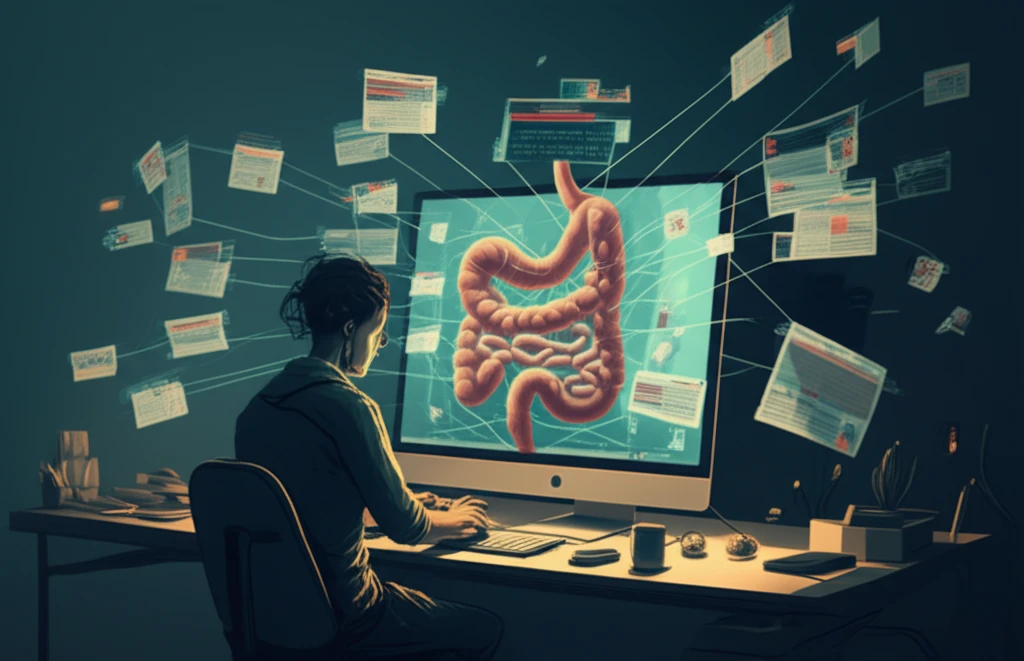
Decoding Celiac: How the Internet is Changing Diagnosis and What It Means for You
"Uncover the impact of online health research on Celiac disease diagnosis, exploring trends, challenges, and expert insights for better health outcomes."
Celiac disease (CD) is an autoimmune condition where the small intestine becomes inflamed due to gluten ingestion. The symptoms of Celiac can vary significantly, making diagnosis a challenge. This variability often leads to delayed diagnoses, impacting the health and quality of life for many individuals.
In today's digital age, people increasingly turn to the Internet for health information. This trend is especially notable in chronic conditions like Celiac disease, where individuals often research their symptoms online before consulting a doctor. While the Internet can be a valuable resource, it also poses challenges, including the risk of misinformation and self-diagnosis.
A recent study investigated how individuals with newly diagnosed Celiac disease use the Internet to understand their symptoms and influence their diagnosis. This article delves into the findings of this research, examining the role of online resources, the prevalence of self-diagnosis, and the implications for healthcare professionals and patients alike.
The Rise of Internet-Informed Diagnosis: Blessing or Curse?

The study, conducted between July 2014 and February 2017, focused on adults with positive TTG and/or EMA antibodies along with Marsh III histology, all indicative of Celiac disease. Participants were part of the Manitoba CD Cohort and completed a survey detailing their symptoms, sources of health information, and any diagnoses they received before being diagnosed with CD. The findings shed light on how people navigate their health concerns in the digital age.
- Key Internet Resources: The most frequently visited websites included the Canadian Celiac Association, Mayo Clinic, and WebMD.
- Self-Diagnosis Impact: Approximately one-quarter of participants (n=18) self-diagnosed based on their online research.
- Actions Taken Post-Research: Following their Internet searches, 66% discussed their findings with friends, 54% consulted their family doctor, and 43% altered their diet.
Navigating the Digital Health Landscape: A Call to Action
The study highlights a critical issue: both doctors and patients may misattribute Celiac symptoms to other conditions, leading to diagnostic delays. As the Internet becomes an increasingly integral part of healthcare decision-making, it’s crucial to approach online resources with caution. Awareness campaigns and educational initiatives are needed to ensure that individuals can differentiate between reliable and unreliable information. For healthcare professionals, understanding how patients use the Internet can enhance communication and lead to more effective diagnoses.
